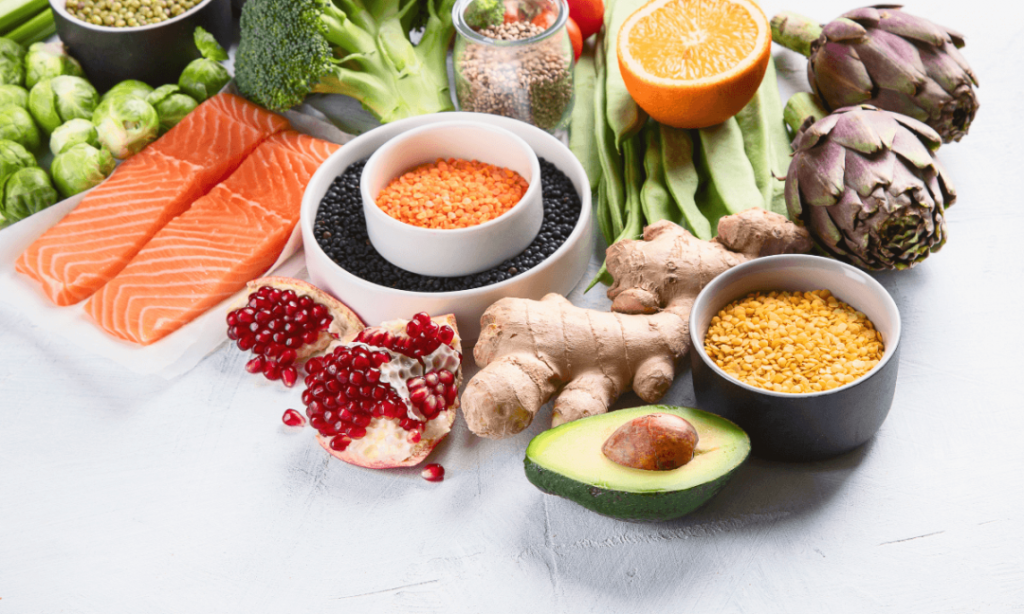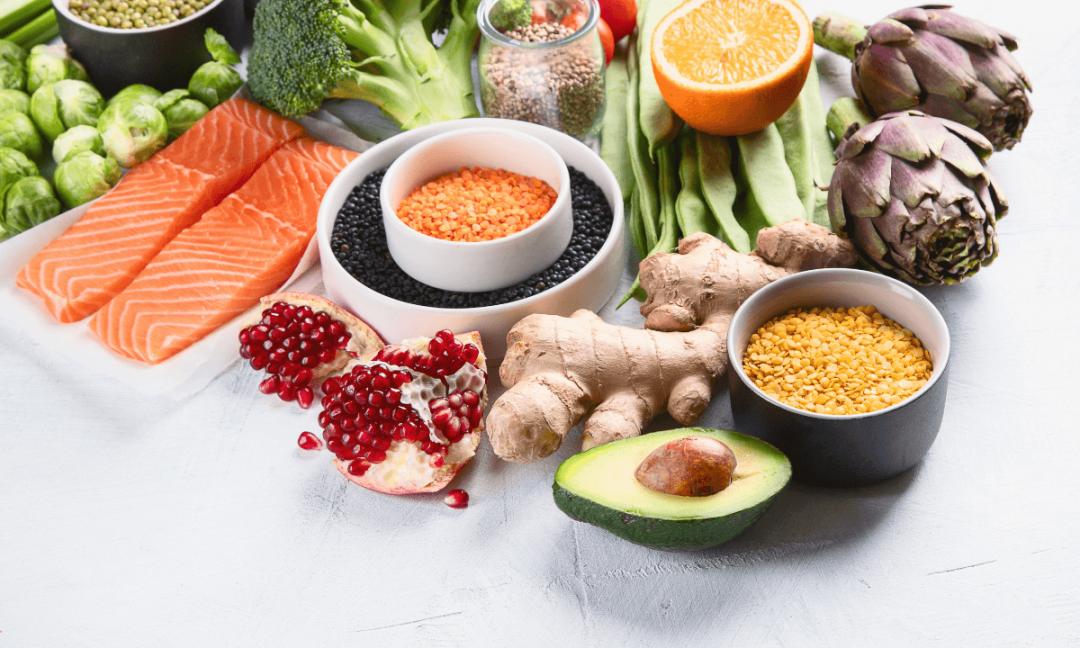
Tracking Your Progress Beyond the Scale: A New Perspective
In my previous discussion, I emphasized the pitfalls of solely relying on the scale to track your progress. Today, I delve deeper into the topic, suggesting alternatives to weight-based metrics. So, get set to bid farewell to your bathroom scale and embrace these more holistic measures of well-being.
Evaluating Progress Without Resorting to Weight Checks
I used to weigh myself religiously for a decade. Depending on what that scale displayed, it shaped my day’s emotions. A loss or maintenance of weight brought relief and happiness. A minor gain, however, clouded my entire mood, instigating feelings of guilt and a rigorous mental planning of food restrictions. This isn’t how life should be.
The art of Intuitive Eating isn’t a game of pounds or inches. Ironically, frequently weighing yourself might obstruct your journey towards eating intuitively. Resorting to the scale as a yardstick can nurture detrimental views about eating habits, body perception, and self-value. Furthermore, one’s health isn’t solely defined by weight. Our bodies manage weight independently, which is why my approach is weight-neutral and emphasizes mental and behavioral attributes over mere numbers.
Given this stance, a pressing question arises: Without weight as a metric, how does one assess their growth?
To guide you through, here’s a list of 23 pointers to mark your progress sans the scale:
- Recognizing Hunger: You can discern when you’re genuinely hungry and respond by nourishing yourself, regardless of the time or the last meal you had.
- Sensing Fullness: You comprehend when you’ve had enough to eat and identify foods that satiate you.
- Food-Related Stress Diminishes: You relish your meals without constant worry about your diet or judgment of your food choices.
- Food Preferences Evolve: You experiment with various cuisines, gravitating towards what genuinely delights your palate.
- Mindful Eating: Your meals become a sensory experience, focusing on the aroma, taste, and after-effects of the food you consume.
- Broadening Your Menu: Having been restricted for so long, your diet begins to encompass foods previously labeled “prohibited”.
- Disbanding Food Myths: Your dietary decisions stem from genuine hunger, health, and satisfaction rather than inflexible dieting rules.
- New Emotional Outlets: Emotions don’t always lead to comfort eating; you find alternative ways to cope.
- Consistent Energy Levels: Tuning into your body’s needs leads to consistent energy throughout your day.
- No More Food Labels: You cease distinguishing foods as purely “good” or “bad”.
- Selective Eating: You can decline food offers without a second thought, basing your choices on your body’s needs.
- Conscious Consumption: You eat with awareness and mindfulness, avoiding any urge for unnecessary snacking.
- Comfort Over Clean Plates: It’s fine to leave behind uneaten food if you’re full.
- Decreased Binging: You no longer feel the urge to overindulge or binge on food.
- Diminished Cravings: As you cater to your body’s needs, incessant food cravings wane.
- Storing ‘Trigger Foods’: Previously restricted foods can now reside in your pantry without prompting overindulgence.
- Prioritizing Taste: You begin to prioritize taste and might even stop consuming something that no longer appeals to you.
- Eating Without Guilt: All foods are accessible, and you indulge without remorse.
- Confident Food Choices: Second-guessing about meals becomes a thing of the past.
- Increased Strength: You notice improvements in your physical strength and abilities.
- Enhanced Flexibility: Day-to-day mobility becomes easier, be it standing up or stretching down.
- Joyous Physical Activity: Exercising transitions from being a chore to an enjoyable activity.
- Boosted Confidence: As your body image evolves, you experience newfound confidence in all spheres of life.
Focus on overall health and well-being rather than mere weight. Embrace the subtle changes in your behavior and mindset. Understandably, it takes time to challenge and alter deeply ingrained beliefs about food. Celebrate every positive stride, no matter how minuscule. In time, you’ll find intuitive eating becomes second nature, ensuring lifelong well-being.
How do you keep track of your journey? Share your insights and experiences in the comments below!




